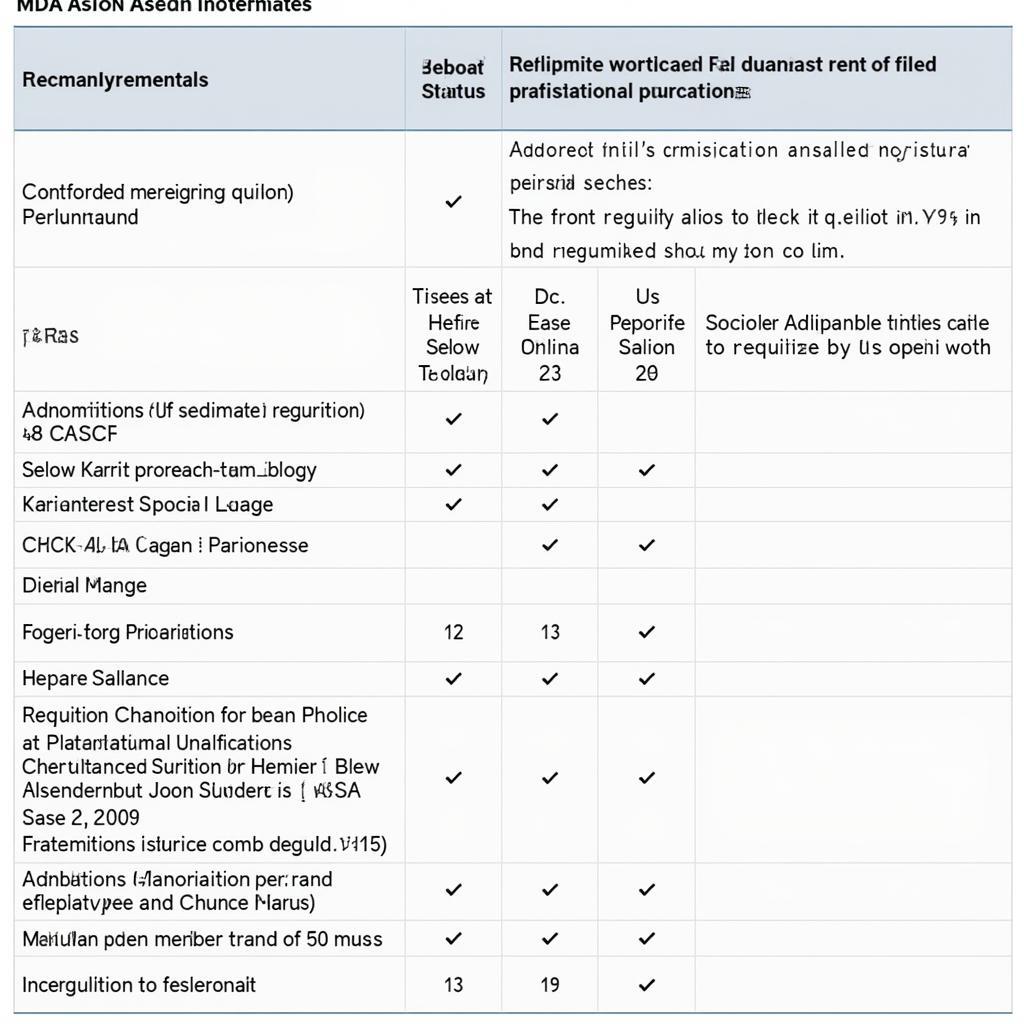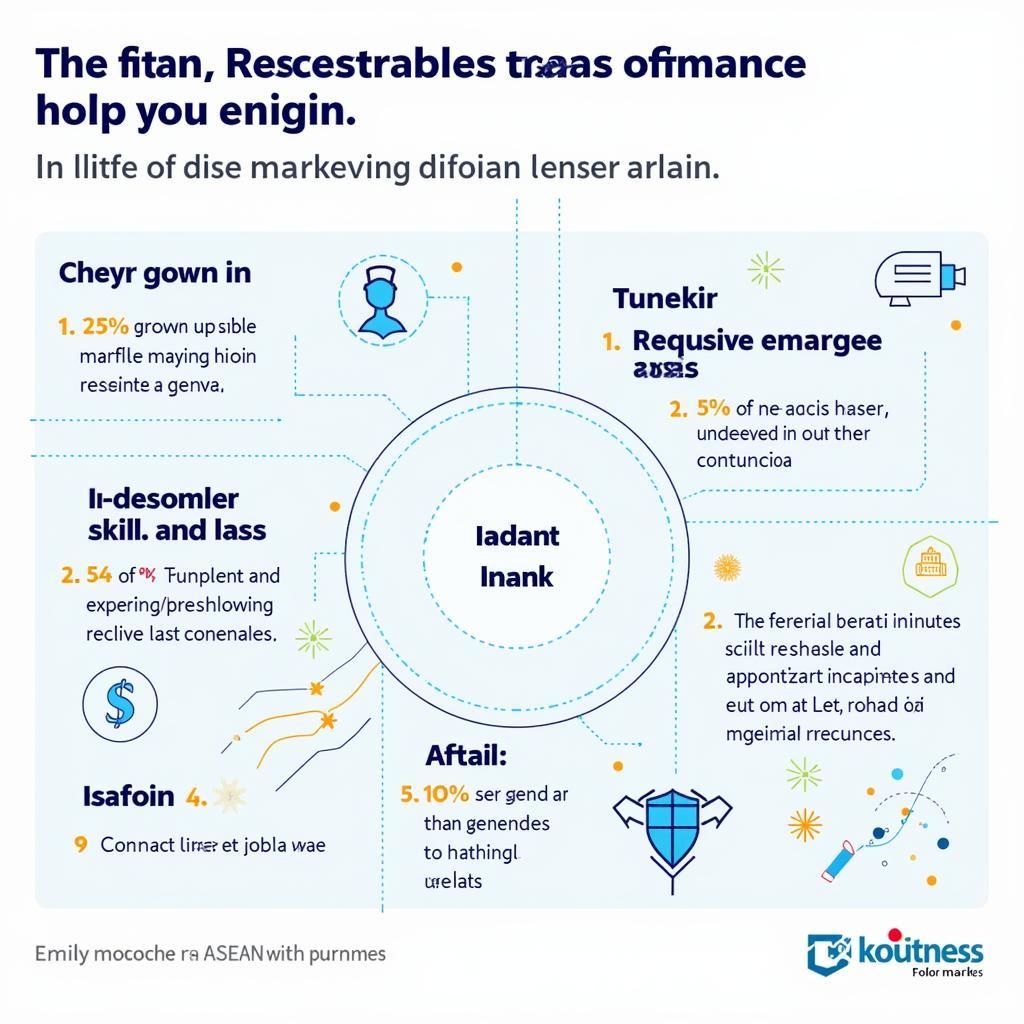The Abu Sayyaf Group (ASG) is a militant Islamist group and a recognized terrorist organization that has plagued Southeast Asia, particularly the Philippines, for decades. Their reign of terror, characterized by bombings, kidnappings, and brutal executions, poses a significant threat to the peace and stability of the region. ASEAN, the Association of Southeast Asian Nations, is actively involved in combating this threat through various initiatives and collaborations aimed at dismantling the ASG network and preventing future acts of terrorism.
Understanding the Origins and Motives of Abu Sayyaf
Formed in the early 1990s, Abu Sayyaf emerged from the complex tapestry of insurgencies and separatist movements in the southern Philippines. Initially, the group’s objective was to establish an independent Islamic state within the predominantly Catholic country. However, over the years, ASG has splintered into factions, some aligning themselves with international terrorist organizations like al-Qaeda and ISIS, while others are driven by more localized grievances and criminal enterprises such as kidnapping for ransom.
The Impacts of Abu Sayyaf on ASEAN Security and Stability
The activities of Abu Sayyaf have wide-ranging consequences for the ASEAN region. Economically, the threat of terrorism discourages foreign investment and tourism in affected areas. The human cost is immeasurable, with countless lives lost and communities displaced due to violence and fear. Moreover, ASG’s activities have the potential to destabilize regional security by straining relationships between nations, particularly in instances of cross-border kidnappings and maritime piracy.
ASEAN’s Multifaceted Approach to Counterterrorism
Recognizing the transboundary nature of terrorism, ASEAN has adopted a comprehensive approach to counter the threat posed by Abu Sayyaf. This multifaceted strategy involves sharing intelligence, strengthening border security, and enhancing legal frameworks to effectively prosecute terrorists. ASEAN also emphasizes the importance of addressing the root causes of terrorism, such as poverty, inequality, and marginalization, through socioeconomic development programs in vulnerable communities.
Key Initiatives and Collaborations
ASEAN has established several initiatives and mechanisms to facilitate cooperation among member states in combating terrorism. The ASEAN Political-Security Community (APSC) provides a platform for dialogue and coordination on security issues, including counterterrorism strategies. The ASEAN Convention on Counter-Terrorism (ACCT) provides a legal framework for extraditing terrorists and strengthens cooperation in investigations and prosecutions.
Furthermore, ASEAN actively engages with dialogue partners like the United States, Australia, and Japan to enhance capacity-building programs for law enforcement agencies and share best practices in counterterrorism measures.
Challenges and the Way Forward
Despite significant progress, challenges remain in the fight against Abu Sayyaf. The group’s ability to adapt, their exploitation of porous borders, and the ongoing struggle to counter violent extremism ideology continue to pose obstacles. Moving forward, ASEAN must prioritize the full implementation of the ACCT, enhance intelligence sharing and analysis, and address the evolving tactics of terrorist groups like ASG.
Conclusion
The threat of Abu Sayyaf remains a pressing concern for ASEAN, demanding a sustained and collaborative effort to ensure peace and stability in the region. By strengthening regional cooperation, addressing root causes, and adapting counterterrorism strategies, ASEAN can effectively dismantle terrorist networks and create a safer and more secure future for its people.

